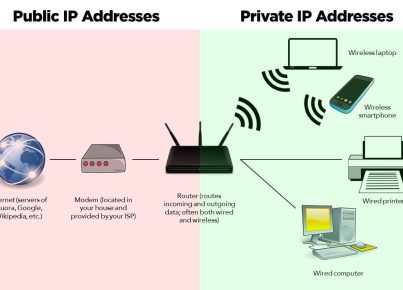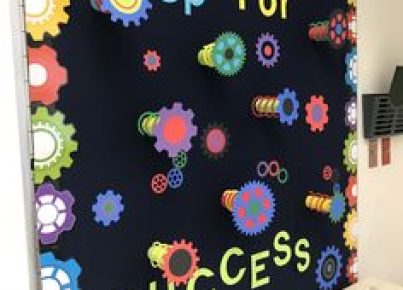In an age where technology often overshadows face-to-face interaction, teaching kids the art of mindful communication has never been more important. Mindful communication involves being present in conversations, listening attentively, and responding with thoughtfulness. Teach Starter offers a variety of activities designed to foster these skills in children, empowering them to interact more effectively and empathetically with others.
Here are some activities featured on Teach Starter that can help children practice and master mindful communication:
1. Listening Games: These games focus on teaching children how to listen actively. For example, ‘Simon Says’ requires close attention to instructions, and only those who listen carefully can follow the commands correctly.
2. Role-Playing Scenarios: By engaging in role-play, students can practice conversation skills and learn how to respond appropriately in different social situations. This can help them understand the perspective of others and reinforce respectful communication.
3. Discussion Sessions: Guided discussions on various topics help kids to articulate their thoughts clearly and listen to the opinions of others without interruption, fostering respect for diverse viewpoints.
4. Emotion Cards: These cards can be used to help children recognize different emotions in themselves and others. As they become more adept at acknowledging feelings, they can better navigate social interactions.
5. Compliment Circles: This activity allows children to practice giving and receiving compliments genuinely, encouraging positive communication and building self-esteem and social bonds.
6. Breathing Exercises: Before any communication activity, practicing deep breathing can help children calm their minds and focus their attention on the task at hand.
By incorporating these mindful communication activities into educational settings or even at home, adults can create a supportive atmosphere that champions emotional intelligence and effective interpersonal skills for kids. Building these foundations is not only crucial for personal development but also for preparing young individuals to navigate the complex web of human relationships throughout their lives.





